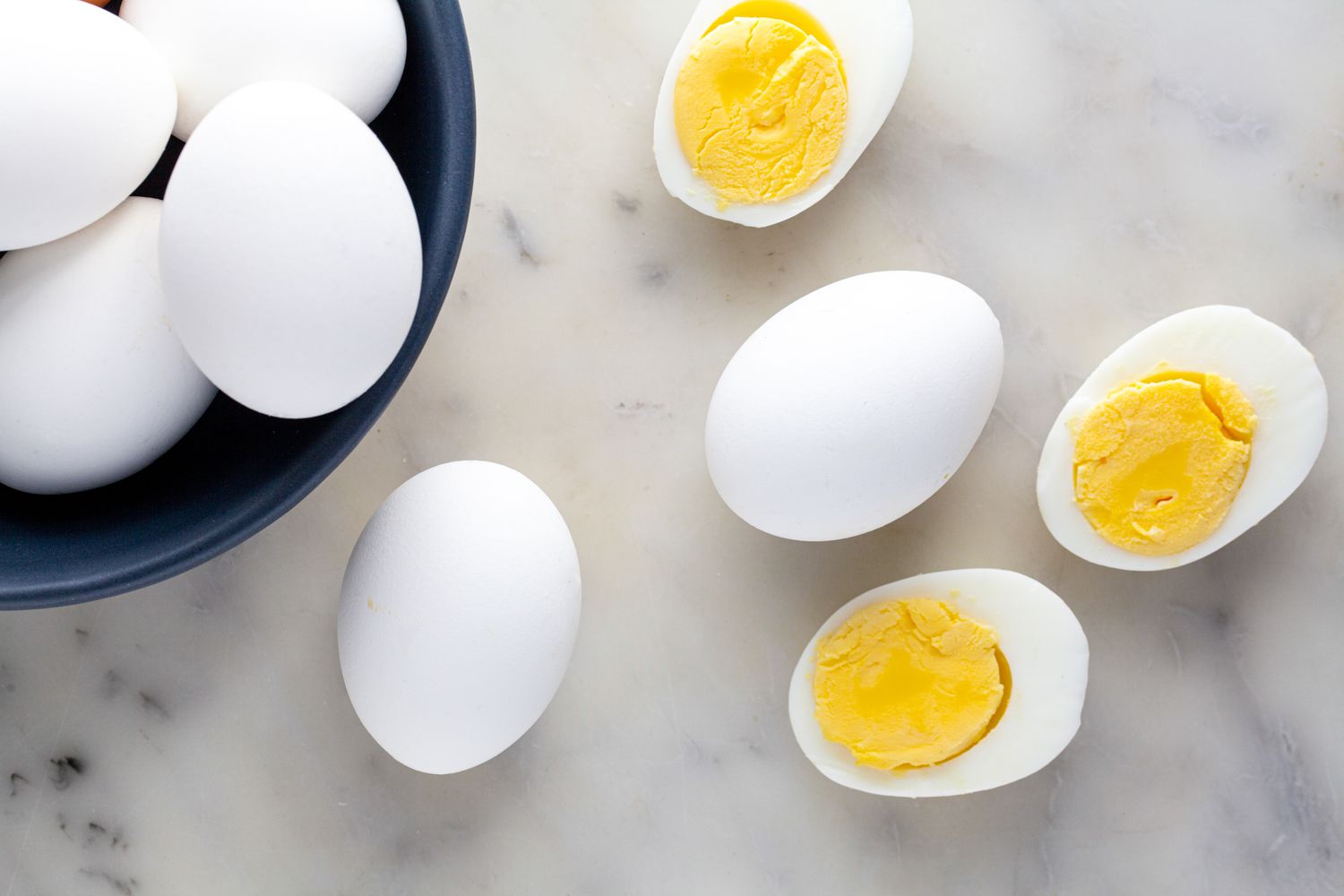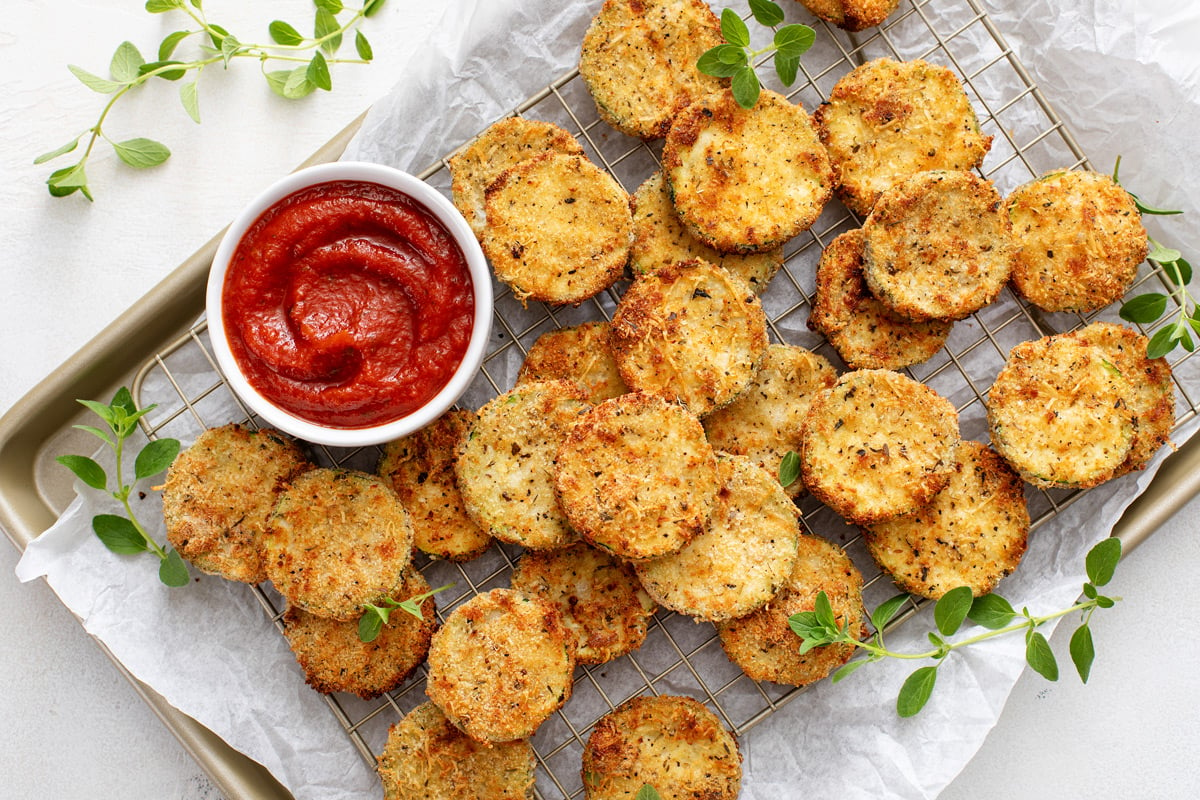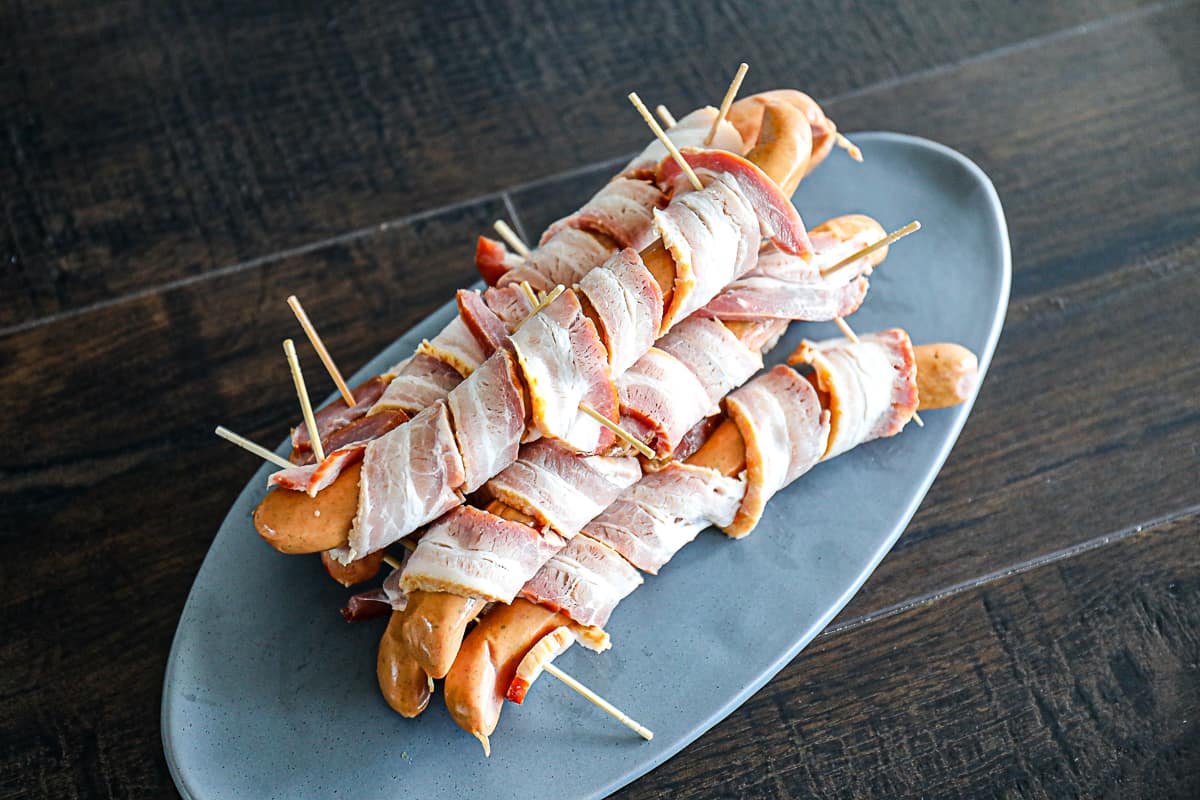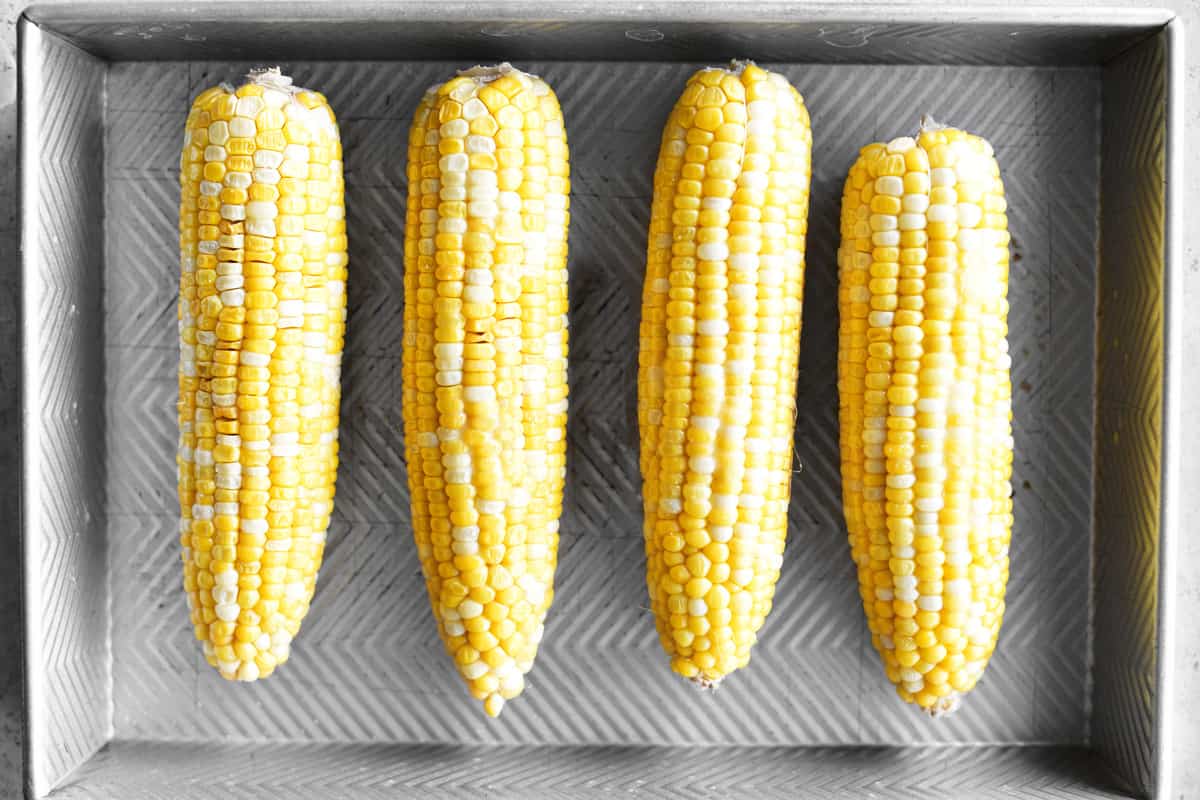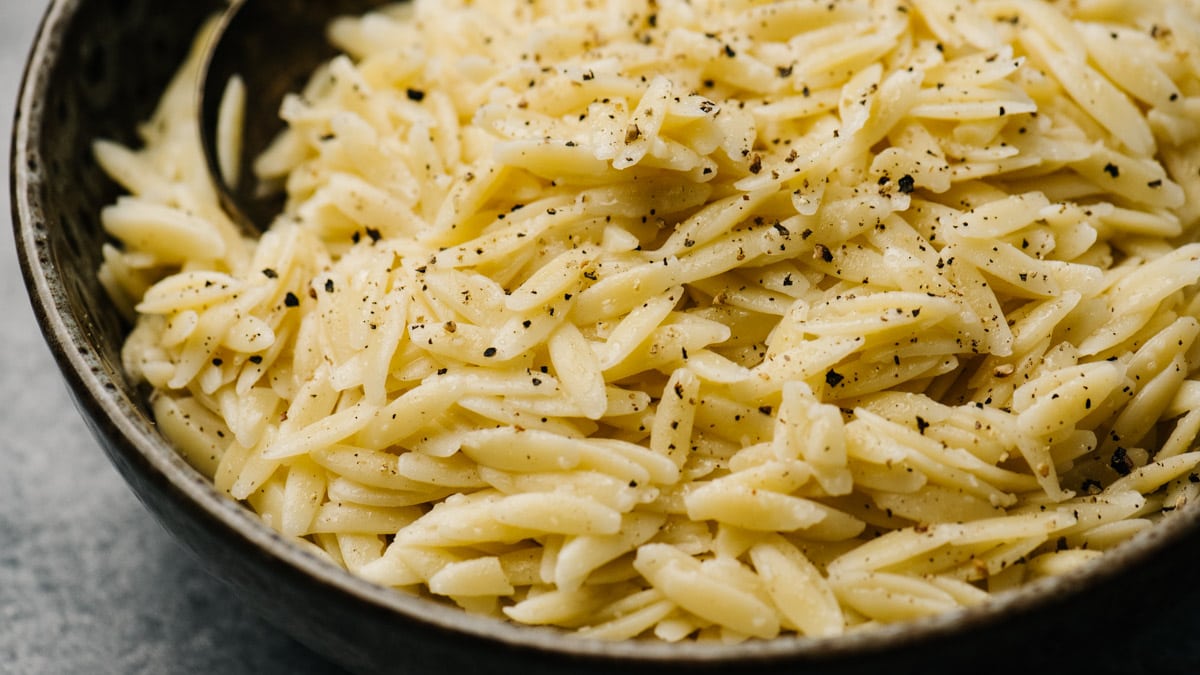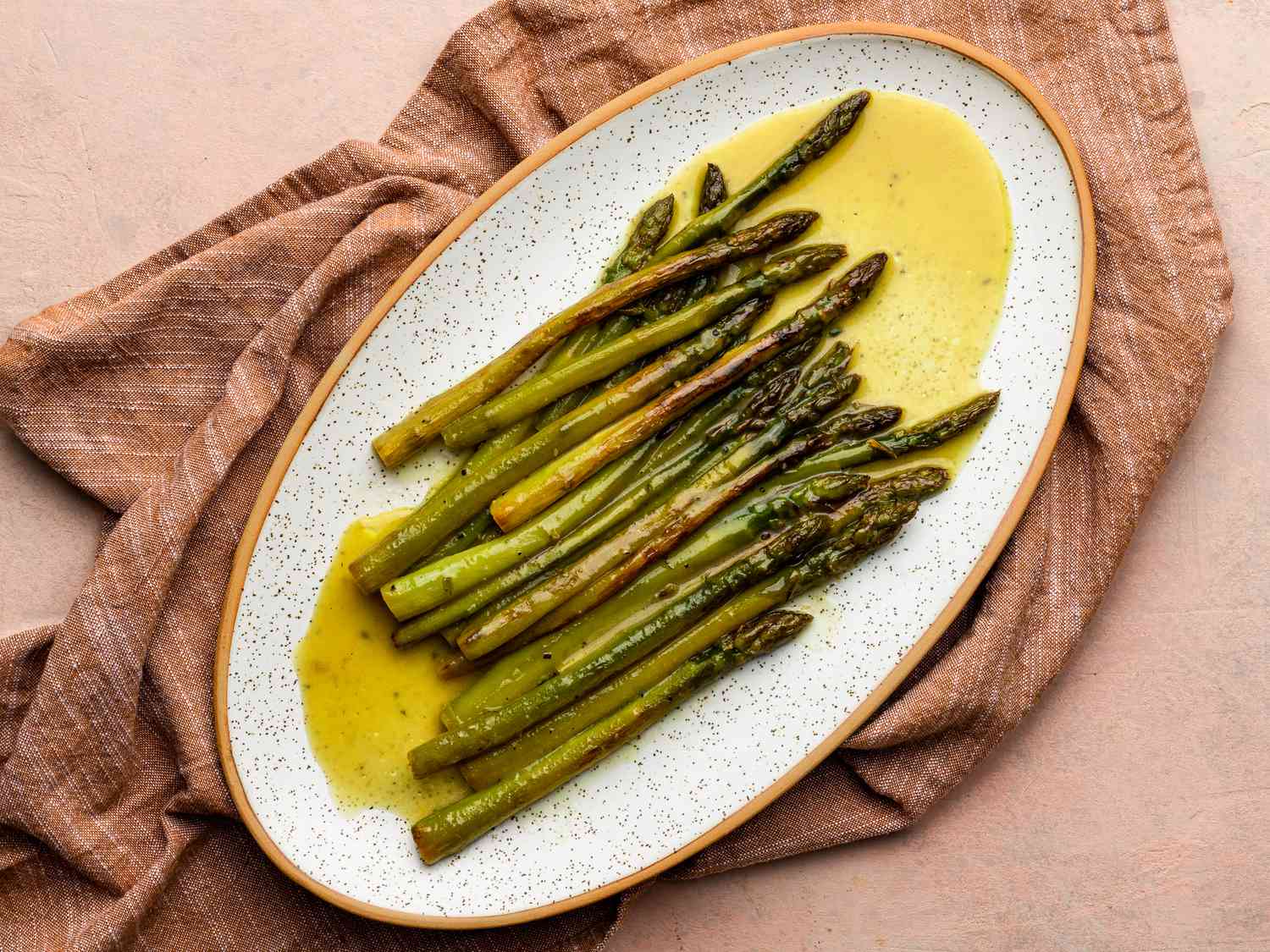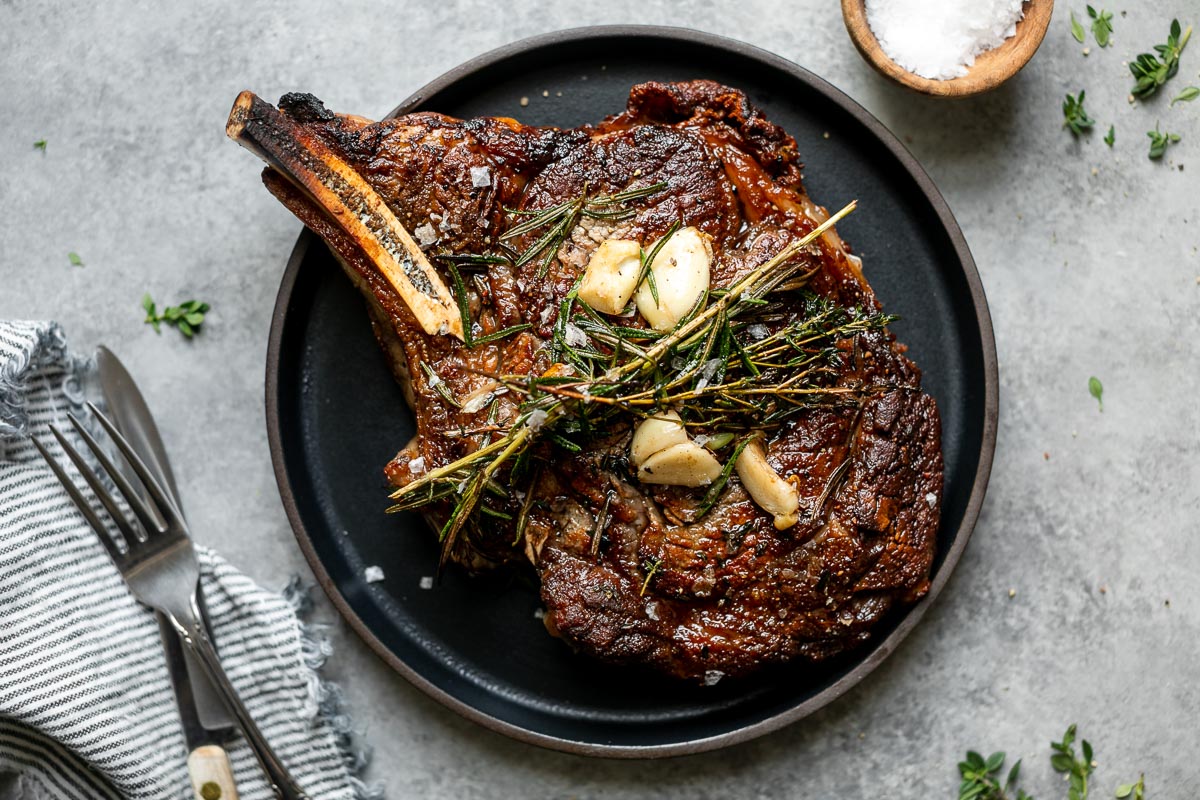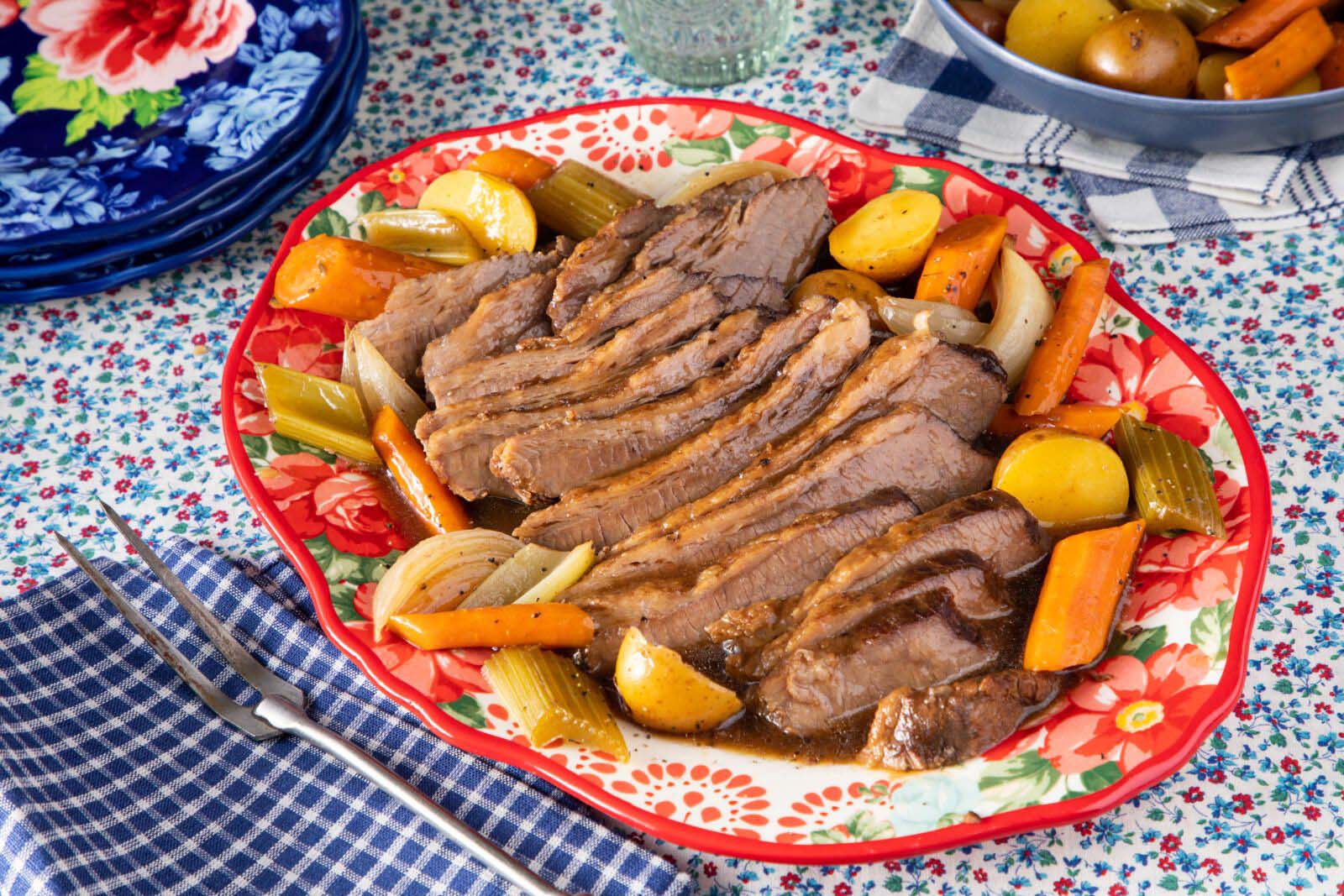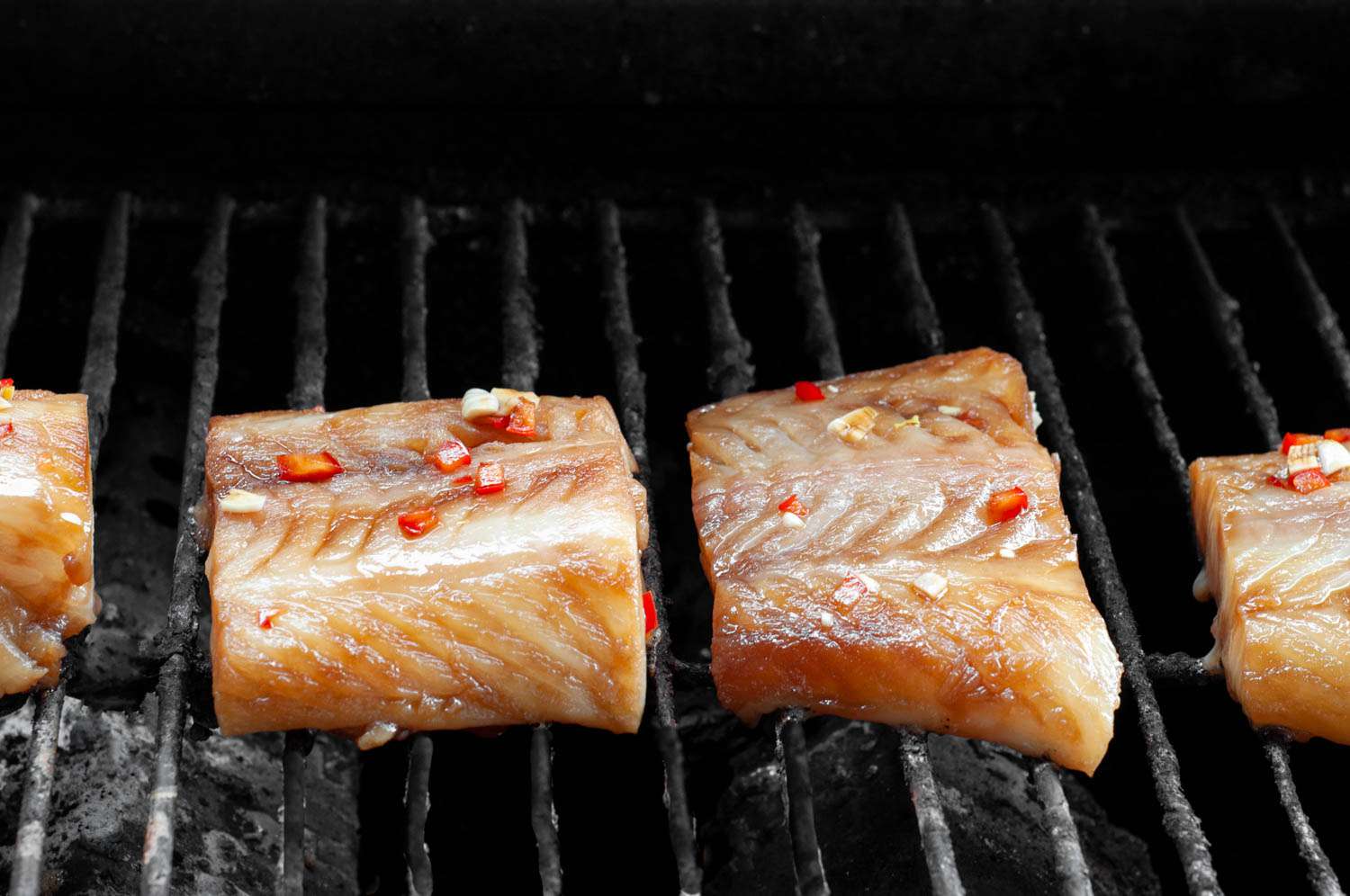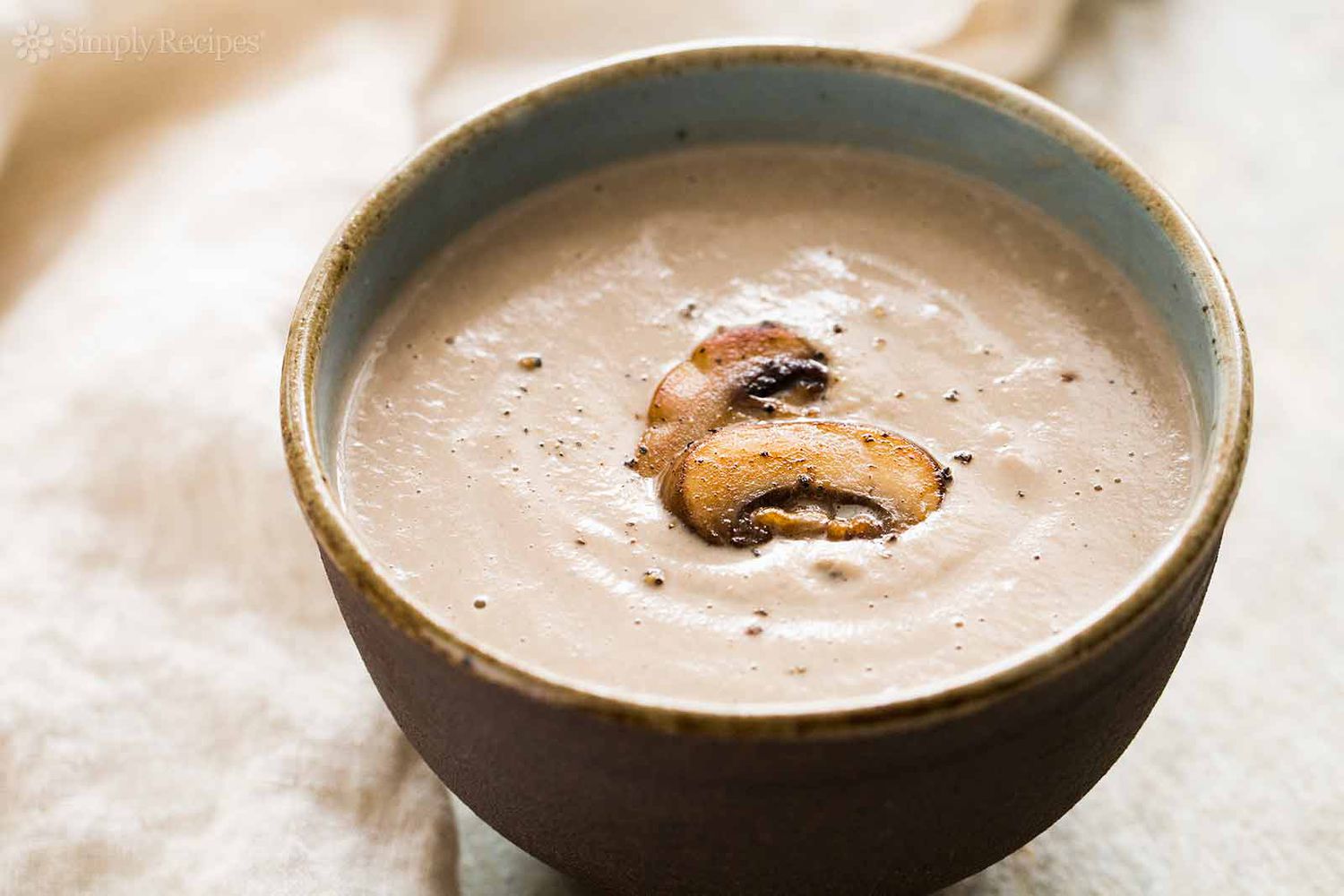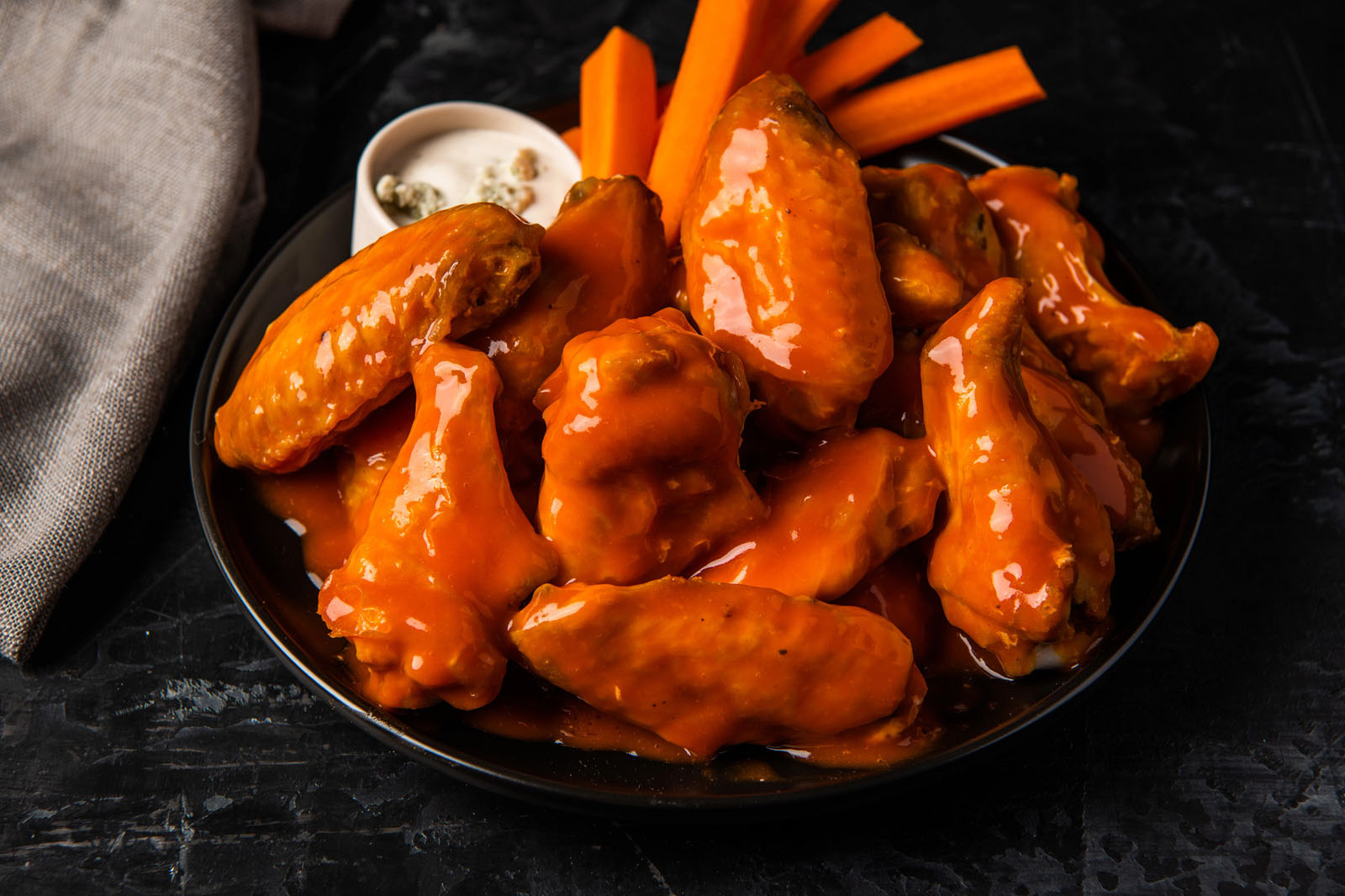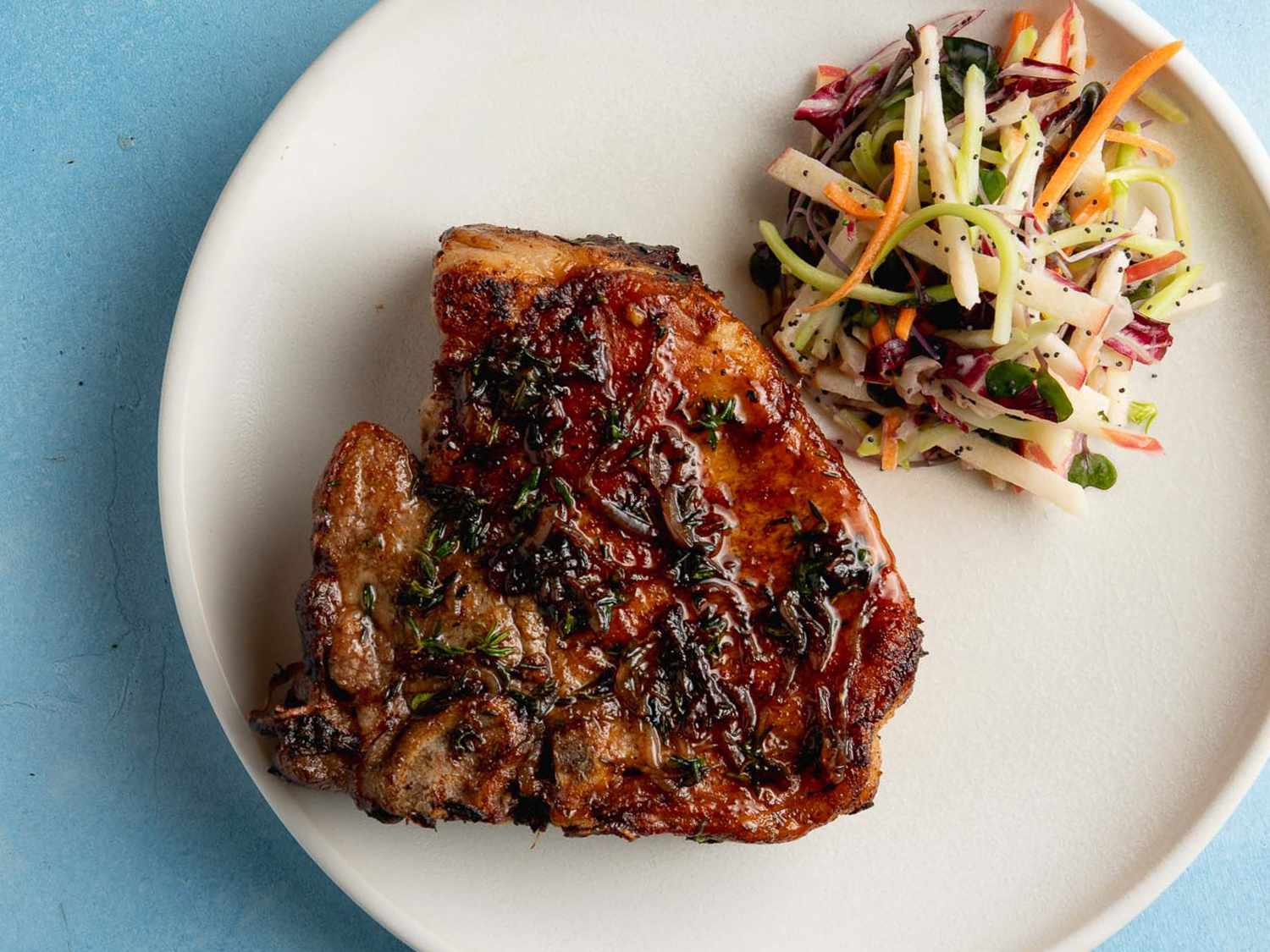Unlock the Secrets to Tender and Juicy Chicken
When it comes to cooking chicken, achieving tender and juicy meat is the ultimate goal. There’s nothing worse than biting into a dry and tough piece of chicken, but fear not! With a few simple techniques, you can elevate your chicken cooking skills to a whole new level.
1. Choose the Right Cut
Start by selecting the right cut of chicken. Opt for bone-in, skin-on chicken pieces such as drumsticks, thighs, or breasts. The bones and the skin help retain moisture during cooking, resulting in a more tender and flavorful end product.
2. Marinate for Flavour and Tenderness
Marinating chicken not only infuses it with delicious flavors but also helps to tenderize the meat. Create a simple marinade using ingredients like olive oil, acid (such as lemon juice or vinegar), herbs, spices, and your favorite seasonings. Place the chicken in the marinade for at least 30 minutes, or for best results, marinate it overnight in the refrigerator.
3. Use Brine for Moisture Lock
Brining is a fantastic technique that involves soaking the chicken in a saltwater solution. This process helps in moisture retention, resulting in exceptionally juicy and tender meat. To create a basic brine, dissolve salt and sugar in water, and add optional herbs and spices. Submerge the chicken in the brine for a few hours before cooking.
4. Tenderize with Buttermilk
For an extra tender result, try using buttermilk. The acidity in buttermilk helps to break down the muscle fibers, resulting in a more tender texture. Soak the chicken in buttermilk for a few hours before cooking, and you’ll be amazed at the difference it makes.
5. Optimal Cooking Techniques
When it comes to cooking your chicken, the cooking technique plays a crucial role in achieving tenderness. Here are a few methods to consider:
- Slow cooking: Braising or slow roasting chicken at a lower temperature allows the meat to become tender and juicy.
- Grilling: Cooking chicken over indirect heat on the grill helps to retain moisture, resulting in a succulent end product.
- Sous vide: If you have a sous vide machine, cooking chicken at a precise temperature in a water bath ensures tender and evenly cooked meat.
- Pan-searing: Quick-searing chicken in a hot pan and finishing it off in the oven helps to lock in the juices and keeps the meat moist.
6. Proper Resting Time
After cooking your chicken, let it rest. Resting allows the juices to redistribute within the meat, resulting in a more tender and flavorful bite. Cover the cooked chicken with foil and let it rest for about 5-10 minutes before serving.
Enjoy the Juiciest Chicken Ever!
Now that you’re armed with these valuable tips, go forth and conquer the kitchen. Say goodbye to dry and tough chicken, and say hello to tender and juicy perfection. With a little bit of know-how and some culinary tricks up your sleeve, your chicken dishes will be the talk of the town!
Was this page helpful?
Read Next: How To Cook Chicken Wings On Air Fryer
